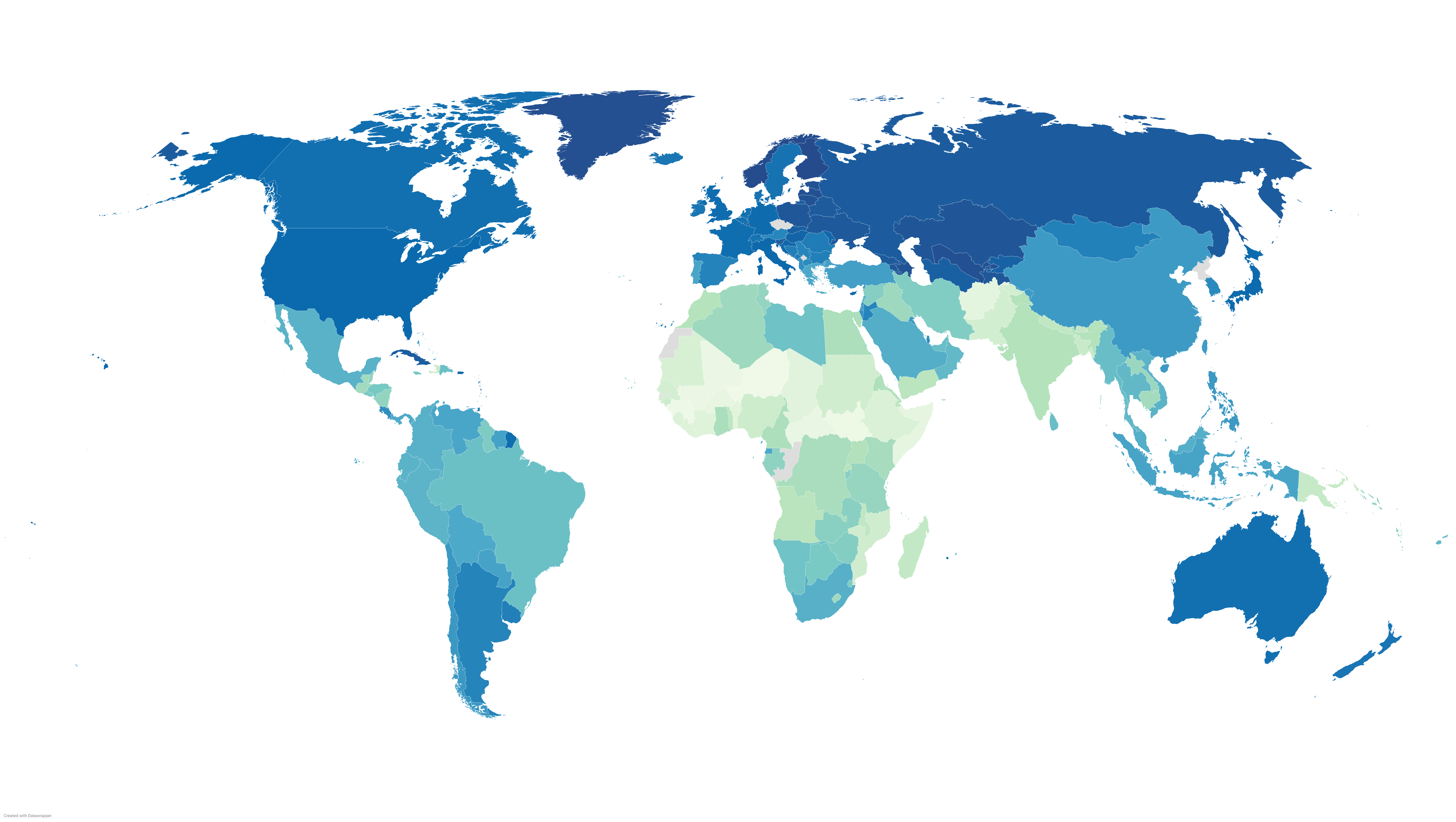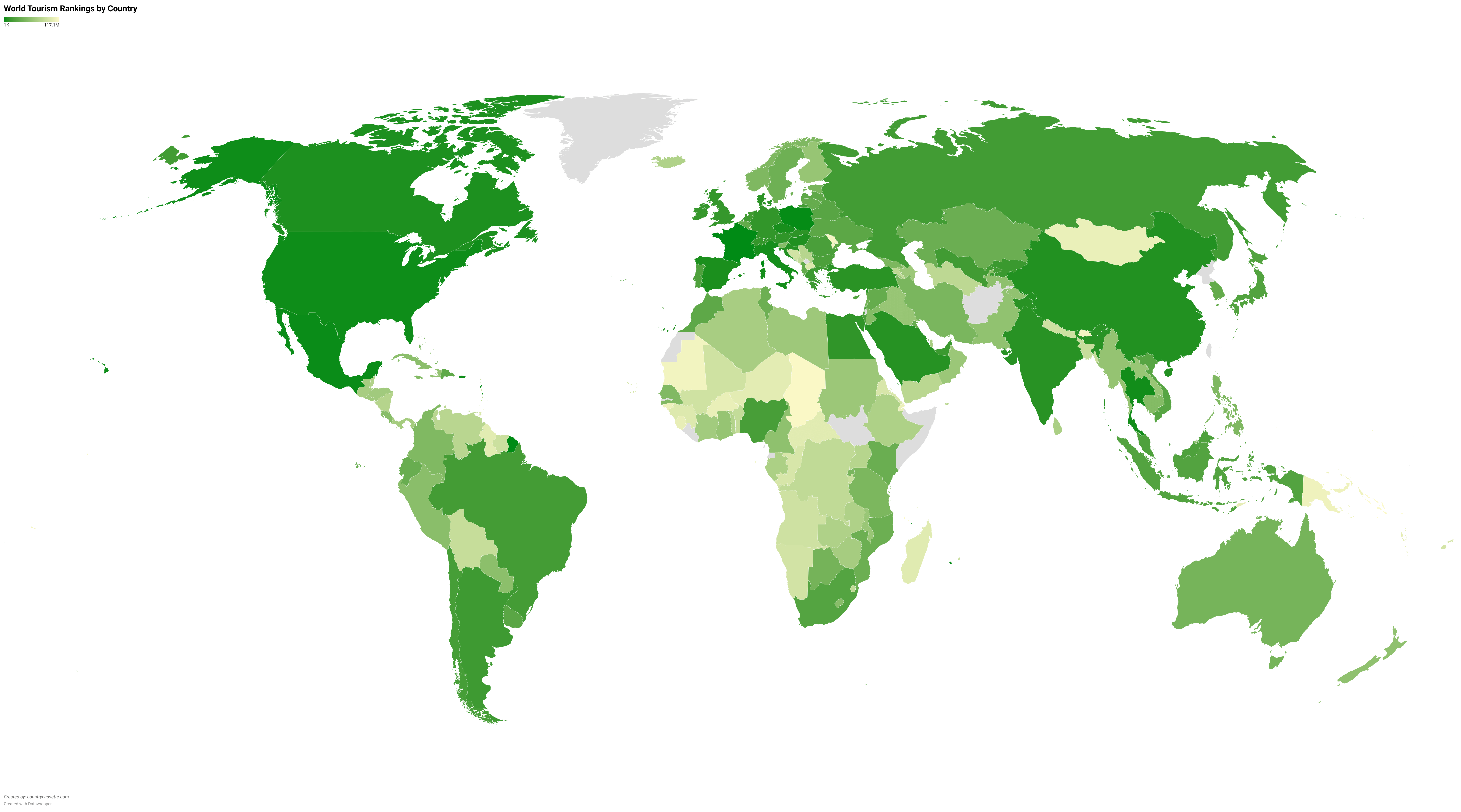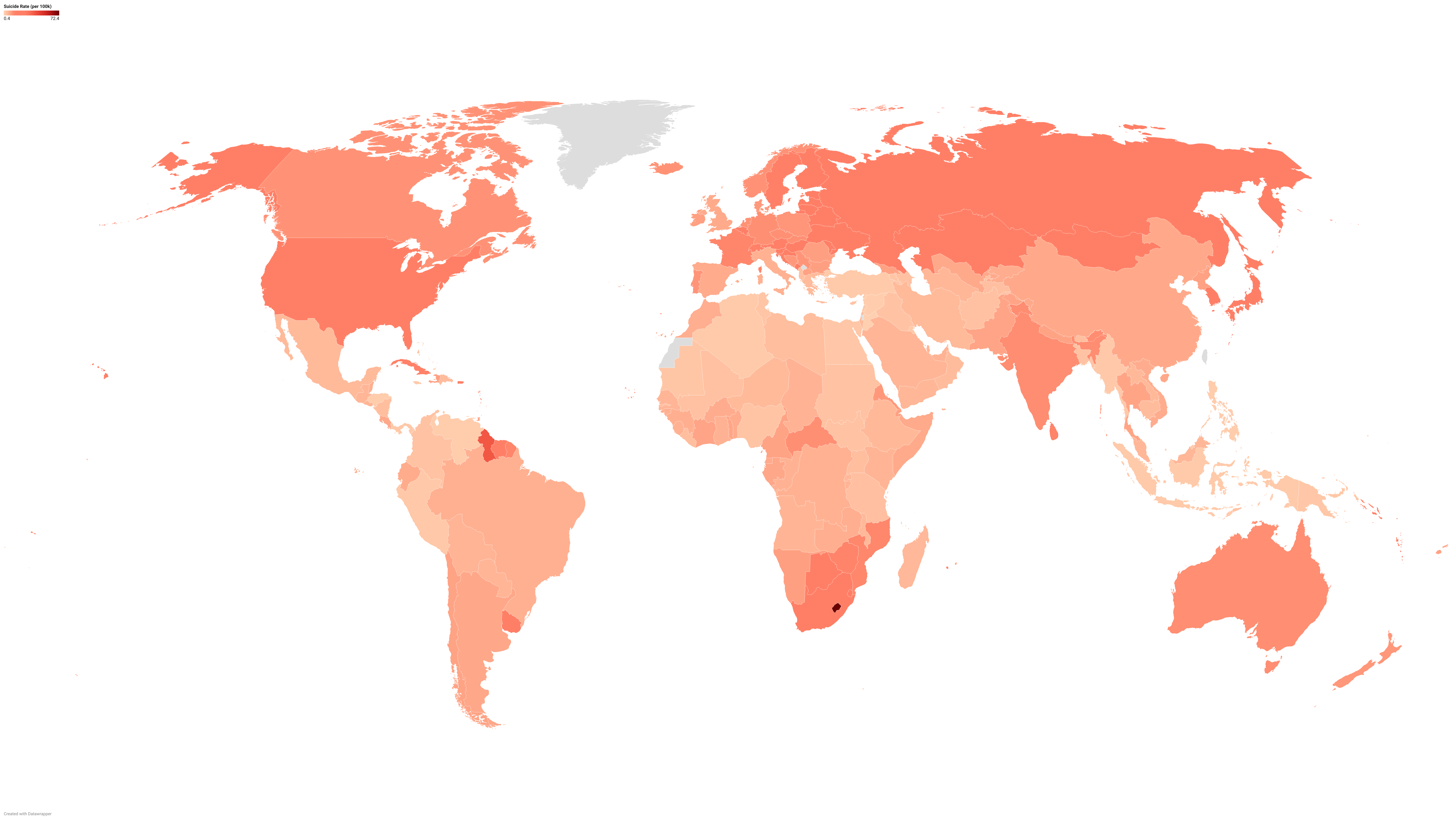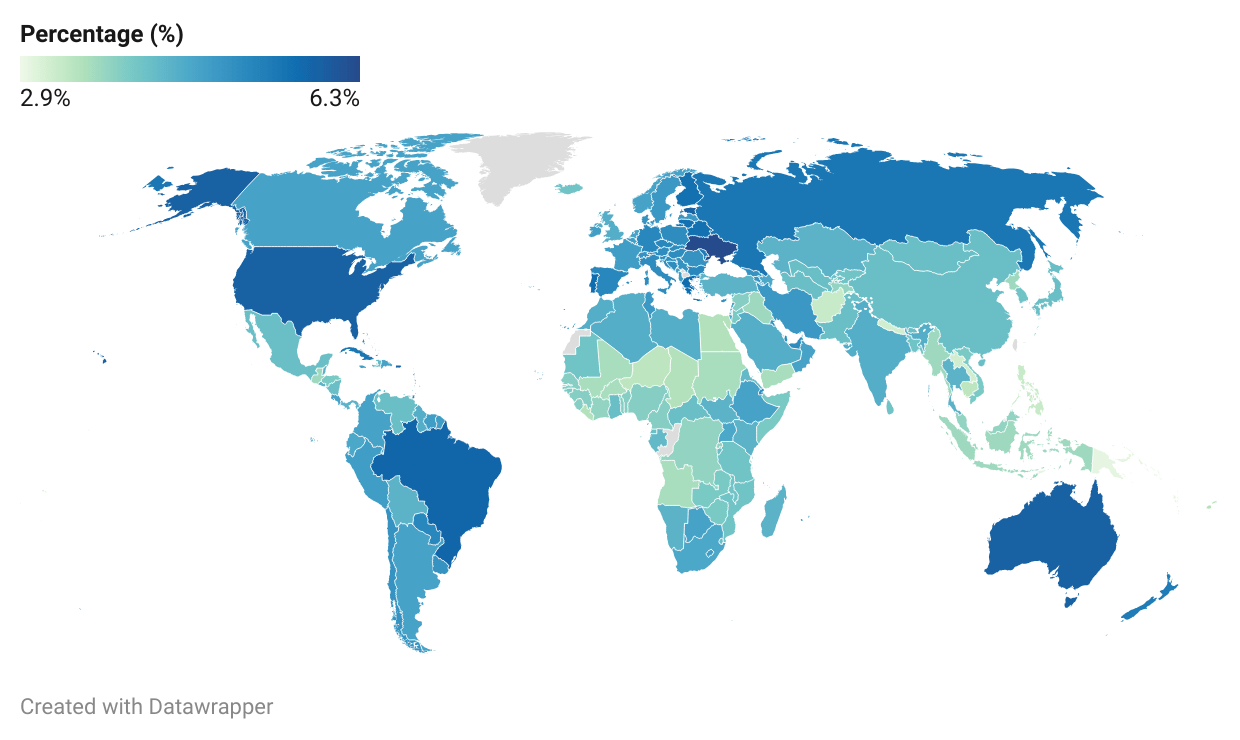Top 10 Poorest Countries in The World 2025
The global economic outlook in 2025 highlights significant disparities in national wealth. While major powers dominate the global landscape, several nations continue to struggle with limited resources, geographic isolation, and underdeveloped infrastructure. Below are the 10 poorest countries in 2025, based on projected GDP in millions of US dollars.
Top 10 Poorest Countries in 2025 (Projected GDP)
1. Tuvalu
Projected GDP: $65 million. Tuvalu, a remote Pacific island nation, remains the world’s smallest economy. Its limited territory, isolation, and dependence on foreign aid contribute to its low economic output.
2. Nauru
Projected GDP: $169 million. Nauru’s economy, which once flourished on phosphate mining, has plummeted significantly. Today, it relies heavily on aid and some service sectors.
3. Marshall Islands
Projected GDP: $297 million. This Micronesian nation relies heavily on U.S. aid and revenue from ship registration. Its remoteness limits trade and development.
4. Kiribati
Projected GDP: $312 million. Kiribati faces the challenges of rising sea levels, isolation, and a limited economic base centered on fishing and copra production.
5. Palau
Projected GDP: $333 million. Palau’s economy is centered on tourism, which has been volatile due to global travel trends. Its small population and size limit broader industrial development.
6. Federated States of Micronesia
Projected GDP: $500 million. Spread across hundreds of small islands, this nation faces challenges in infrastructure and economic diversification, relying primarily on U.S. financial aid.
7. Tonga
Projected GDP: $568 million. Tonga relies heavily on remittances and agriculture. Natural disasters and limited employment opportunities limit growth.
8. Dominica
Projected GDP: $742 million. Dominica, an island nation in the Caribbean, bases its economy on agriculture and tourism. Hurricanes have repeatedly affected economic stability.
9. Sao Tome and Principe
Projected GDP: $864 million. This small African island nation depends on cocoa exports and external support. It faces structural economic challenges and limited access to international markets.
10. Saint Kitts and Nevis
Projected GDP: $1,129 million. Saint Kitts and Nevis remains one of the smallest economies, relying mainly on tourism, financial services, and its Citizenship by Investment program.





